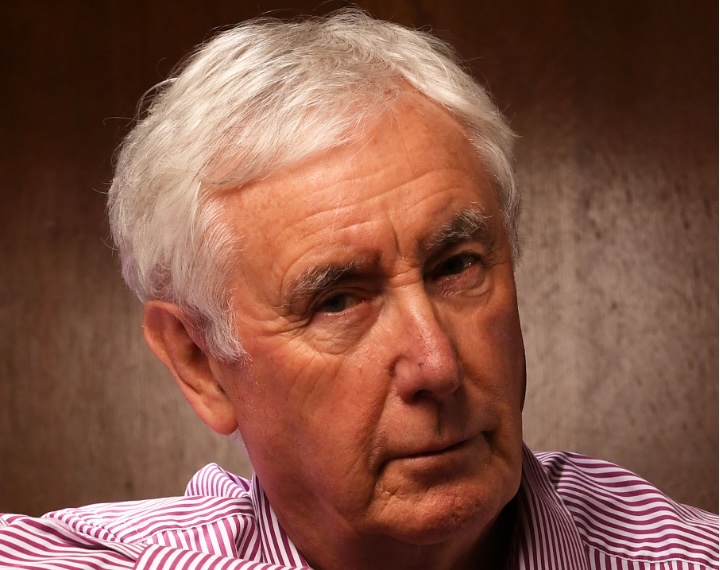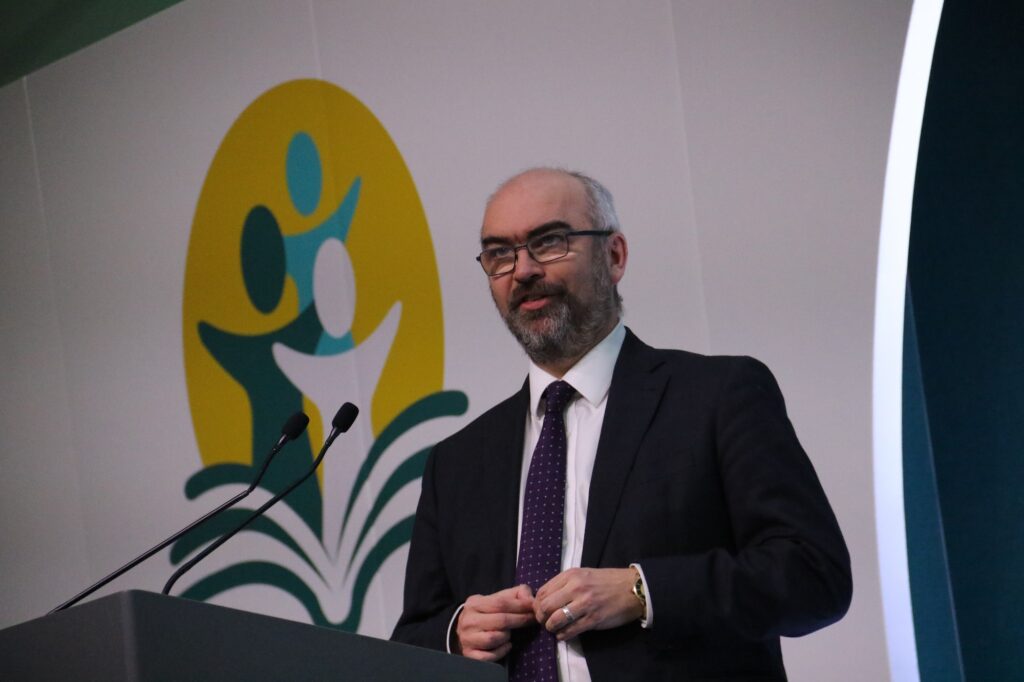
When a primary school teacher awaiting the result of an Ofsted inspection took her own life it may have left the nation shocked, but the teaching profession was less than surprised.
The coroner referred the matter in a prevention of future deaths report to the Government after linking the suicide of Caversham Primary School headteacher Ruth Berry to an Ofsted inspection, and demanded changes to practices.
Ofsted’s chief inspector and former North East academy trust boss Sir Martyn Oliver has pledged change in a formal response, addressing each of the recommendations set out by the coroner on the death of the Reading head. But where did it all go wrong?
According to former North East headteacher and now Association of Education Advisors chairman Les Walton, who was advising John Major in 1992, the original idea of an Office for Standards in Education, Children’s Services and Skills (Ofsted) was a good one. “I was asked a simple question and I said that we needed a national inspection framework in the interests of consistency across the country,” he recalls.
“It was about giving parents the right to understand how school affects their children. I saw it as an organisation that would give parents reasonable information.”
But as Ofsted grew in scale and power Les says it became an agent for the Government to ensure its policies were implemented.
“I also saw greater imbalance in inspections and regulations compared to support and development,” he says. “There was a growing perception that teachers needed inspecting to make sure they did their jobs properly. As it became really powerful it wasn’t seen as a partner in school development and for some became quite threatening. I have seen this evolution over the past 30-plus years and it has got to the point where it needs to change.”

He says Ofsted’s chief inspector has pledged to review the organisation but questions whether it can review itself and asks if a third party is needed?
“You can’t just review one side, the Ofsted inspections, you also have to look at the support heads and schools need to improve development,” says Les, a visiting professor at Sunderland University.
Schools are measured on a range of criteria and given an overall judgement, currently Outstanding, Good, Requires Improvement or Inadequate.
“As for the single word description there needs to be a more balanced scorecard,” adds Les. “Parents shouldn’t be making judgments on one word, they need a fuller picture.
“My view is that teachers want to do a good job and children want to learn, so we need to start believing in the profession. If we change our attitude towards them there will be less emphasis on checking and more on supporting.”
Schools North East director Chris Zarraga says none of the senior leaders asked about Ofsted in one of its surveys wants it to be abolished. “But the replies did mention excessive workload burden on all school staff and some children and very high stakes accountability on heads, almost like being a football manager,” he says.
“Heads going into schools in areas of long-term deprivation which have a bad Ofsted face the prospect of having their careers ruined, which makes it hard to recruit.
“Single word gradings don’t actually reflect all of the work the school does, and one to two days does not give the inspectors long enough to get under the hood.”
He says he welcomes Ofsted’s proposed ‘Big Listen’ which will allow it to consult with the profession and stakeholders, reduce unnecessary pressure and help with school improvement.
“I have never met a school leader yet who does not want to improve,” he says. “We need much more professional dialogue between inspectors and school leaders, improvement not punishment and solutions not blame.”
Sir Martyn is proposing:
- more training so inspectors recognise and respond to signs of distress
- a clear and simple process for anyone with concerns
- a new policy on pausing an inspection
- an expert reference group to look at leader and staff wellbeing
- appointing an independent expert to lead a learning review of Ofsted’s response to Ruth Berry’s death
- a comprehensive listening exercise, the Big Listen, to hear directly from parents, leaders and professionals about Ofsted’s current approach, the changes being made, and whether more can be done.
The old Ofsted regime is criticised for neglecting the most vulnerable sections of the education sector including children with health issues, disabilities and those in care and with a social worker.

Christina Jones is the chief executive officer for River Tees Multi Academy Trust which includes schools for children with special needs, a hospital school for those with health problems and alternative provision. She is also an Ofsted inspector.
She says: “The most important thing for us is having inspectors who understand specialist settings. The challenge is to make sure the inspectors understand what we are trying to achieve in terms of personal development and softer skills.
“We do also have academic success, particularly in English and Maths, to help with future prospects and we are rigorous on what we monitor internally, but progress for one of our learners often looks very different.”
She claims the complexity of the sector means there are no two settings the same. “Many of our students have mental health problems or are in-patients and unable to attend school until they are well enough. A lot of inspectors don’t realise there is such provision and gaining that understanding must be achieved.
“We do need regulation in the sector but by working with senior leaders in a manner that is less stressful. My headteachers want the best for their children. We are doing the work regardless of Ofsted because it is our responsibility to offer the best provision we can.”

Children in care or those who have a social worker also miss out, according to The National Association of Virtual School Heads. Calvin Kipling, who is virtual head for Darlington and responsible for hundreds of school children, says: “With school inspections a lot of the children we look after are not considered because they are a relatively small cohort within each school, which is a weakness of the system.
“I hope there is now going to be a change of direction and tone. They need to be more detailed and nuanced, not just headline grabbing, one word, inspection outcomes. It isn’t helpful to have a regime driven by fear rather than improvement.
“If there is fear in the process then there is a tendency to limit openness so things get hidden. It is seen as punitive not developmental. It is clear there should be regulations around safeguarding but then there needs to be a greater emphasis on improvement.”
The independent school sector agrees and is now leading the way in ensuring the mental wellbeing of children and staff.
Laura Turner, headmistress of Barnard Castle Preparatory School, in County Durham, has worked in the state and independent sectors and is also an inspector for the Independent Schools Inspectorate (ISI).
She points out: “The ISI realised that the wellbeing of heads is paramount and is delivering even more mental health awareness training. There are no longer any graded judgements; schools will have simply ‘met the requirements’. The idea is to make it more manageable and collaborative rather than judging all the time.
“As a working head, I am mindful when I go in to inspect a school; I feel for them because I know what they are going through. We work with them not against them for the benefit of the school and the children. It’s not hide and seek, it’s a game of show and tell, so you should enjoy the process.”











